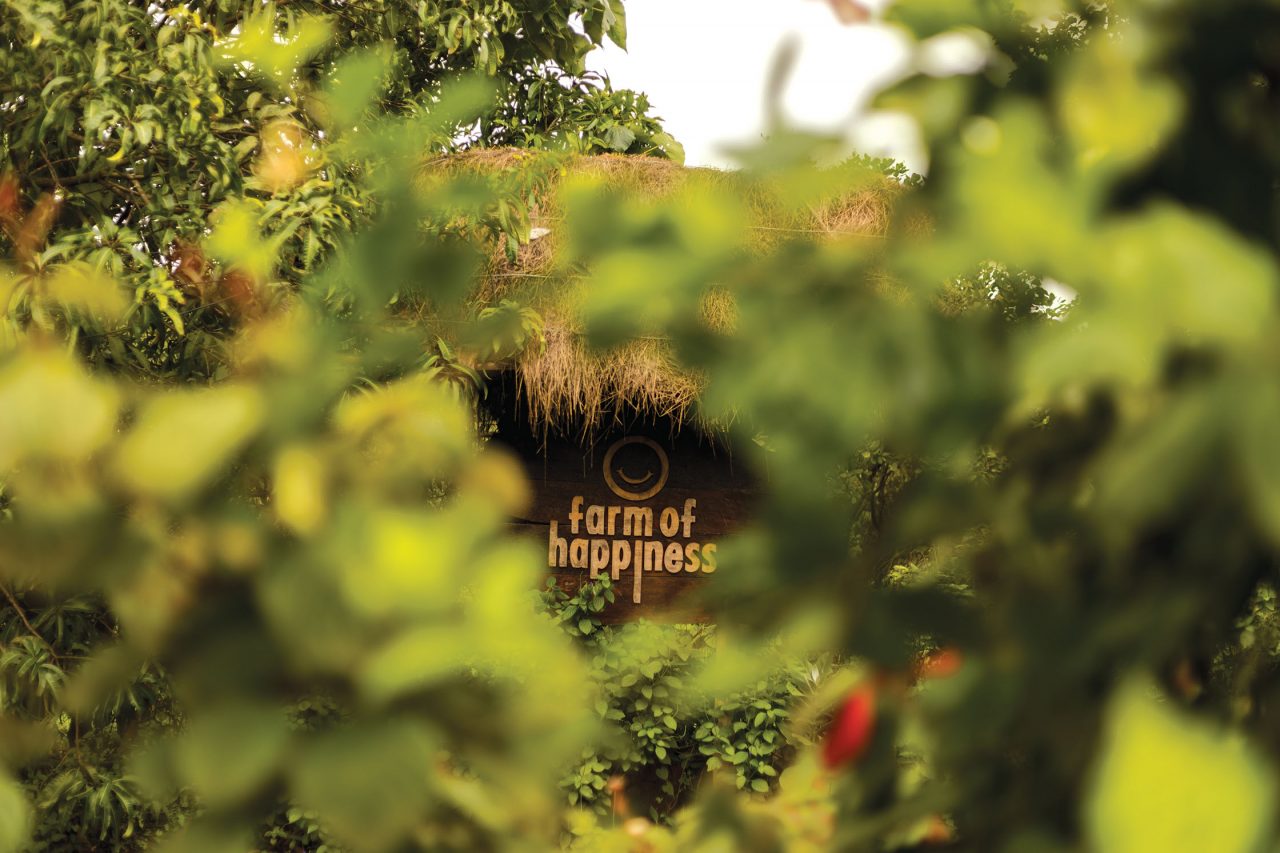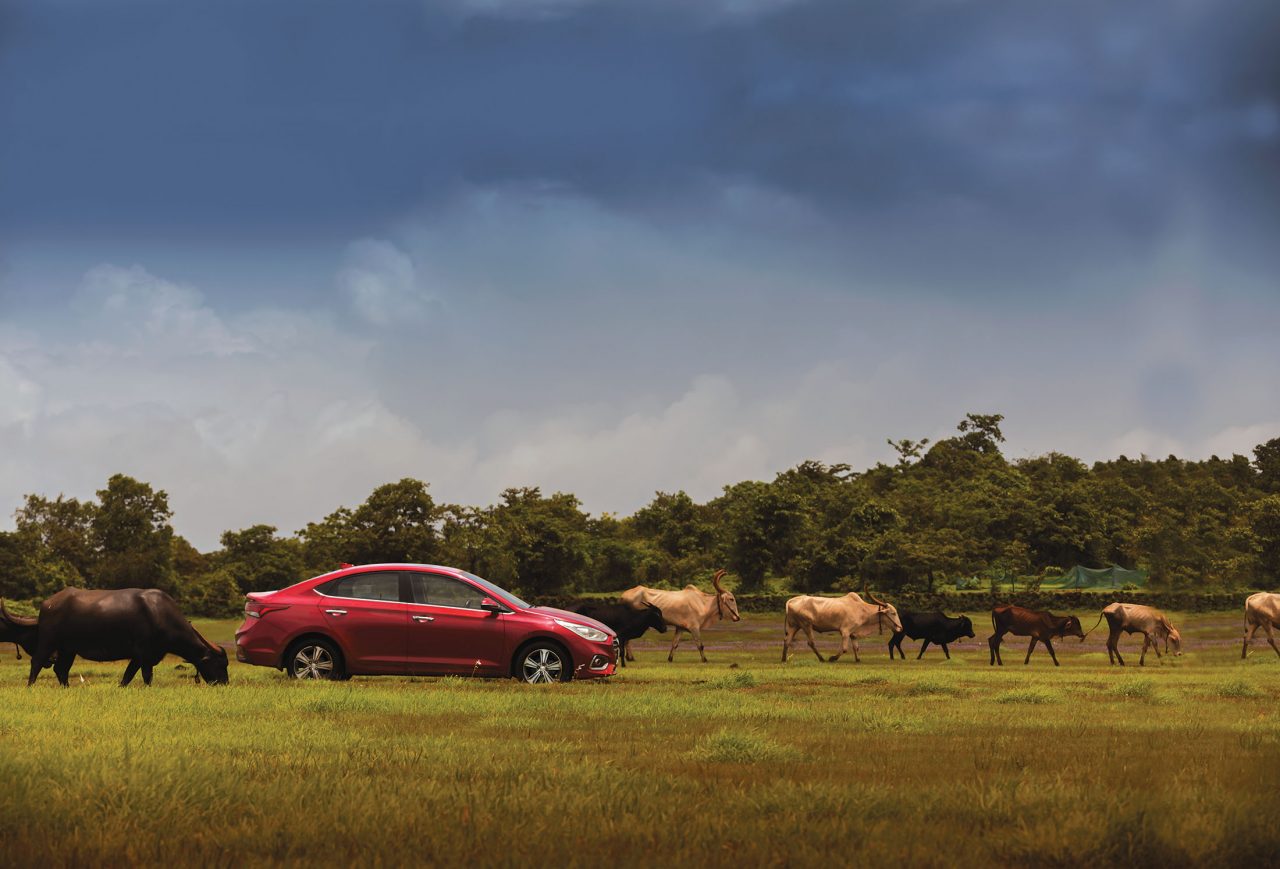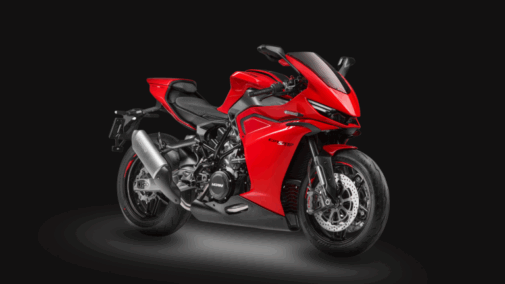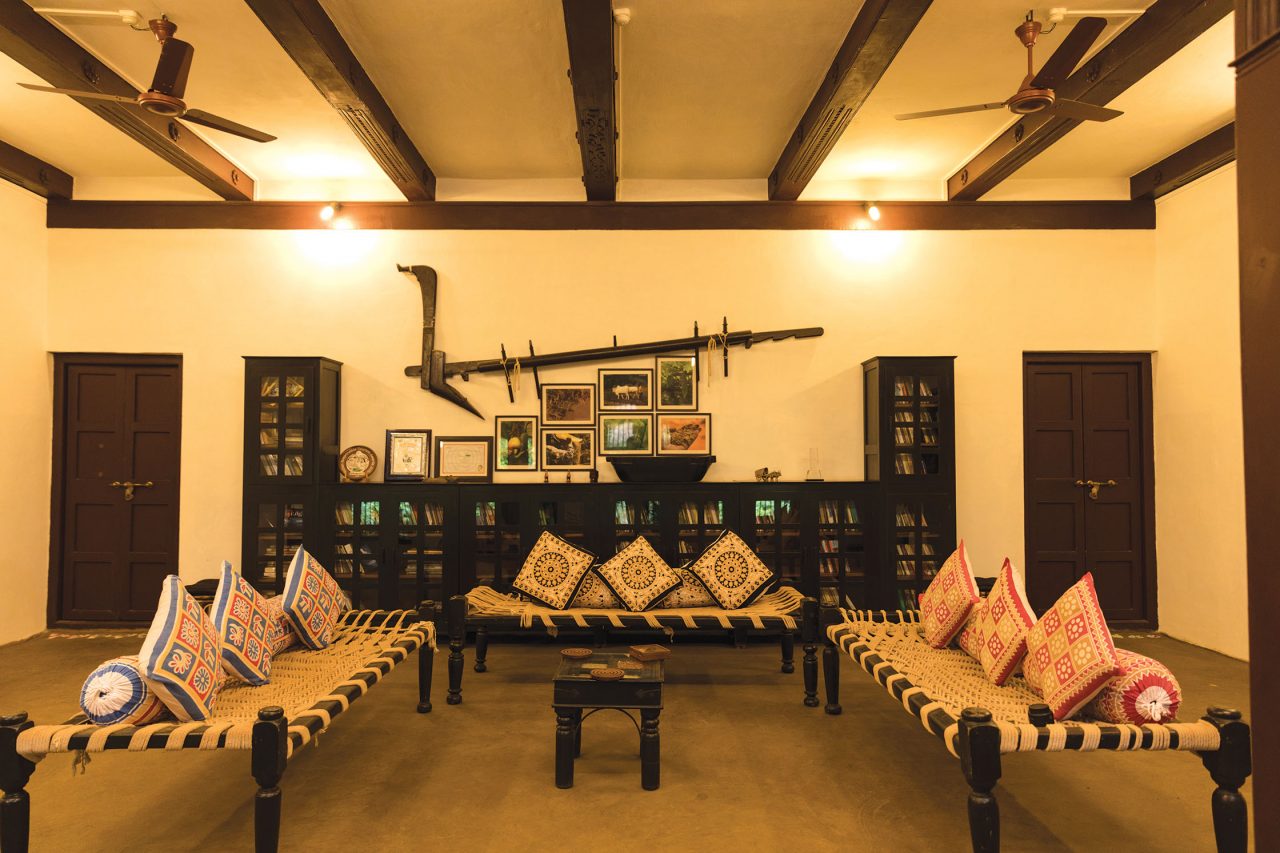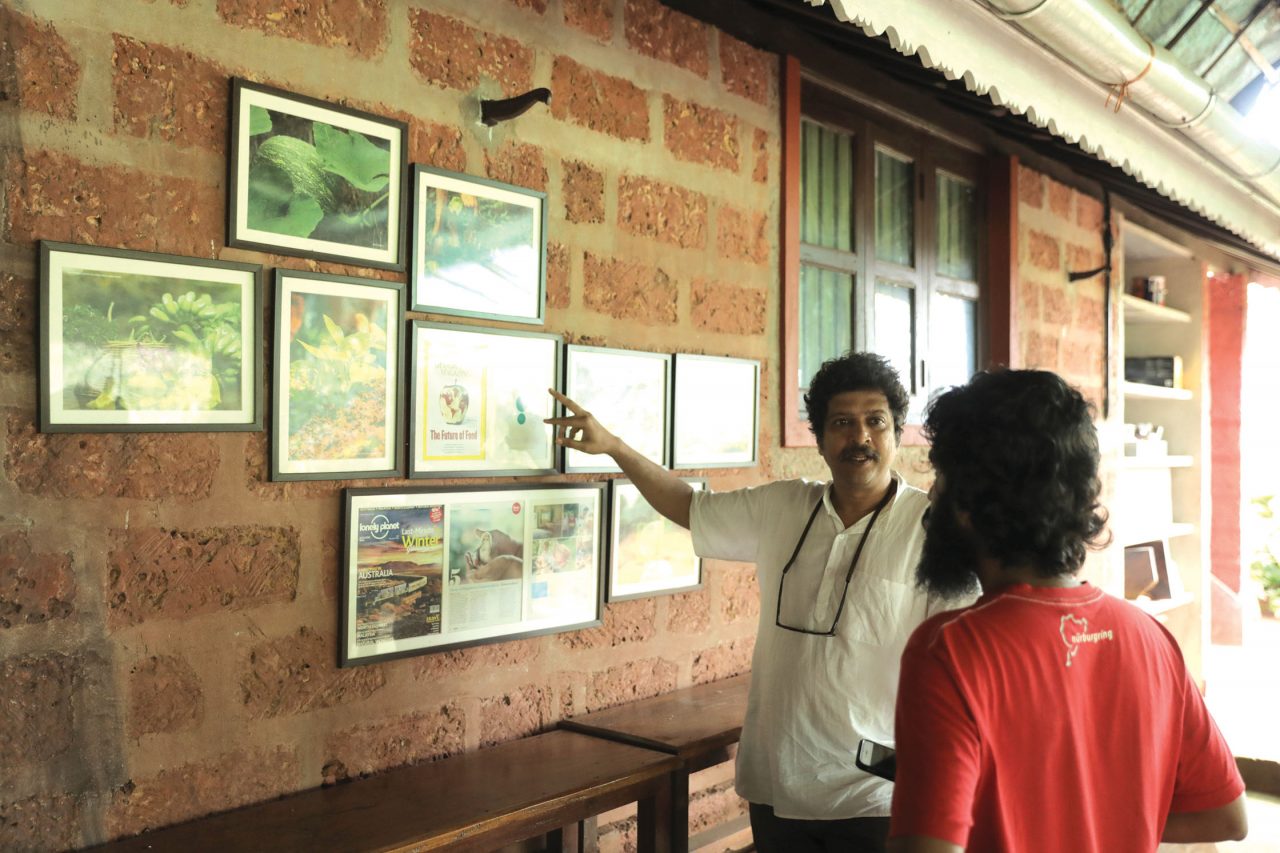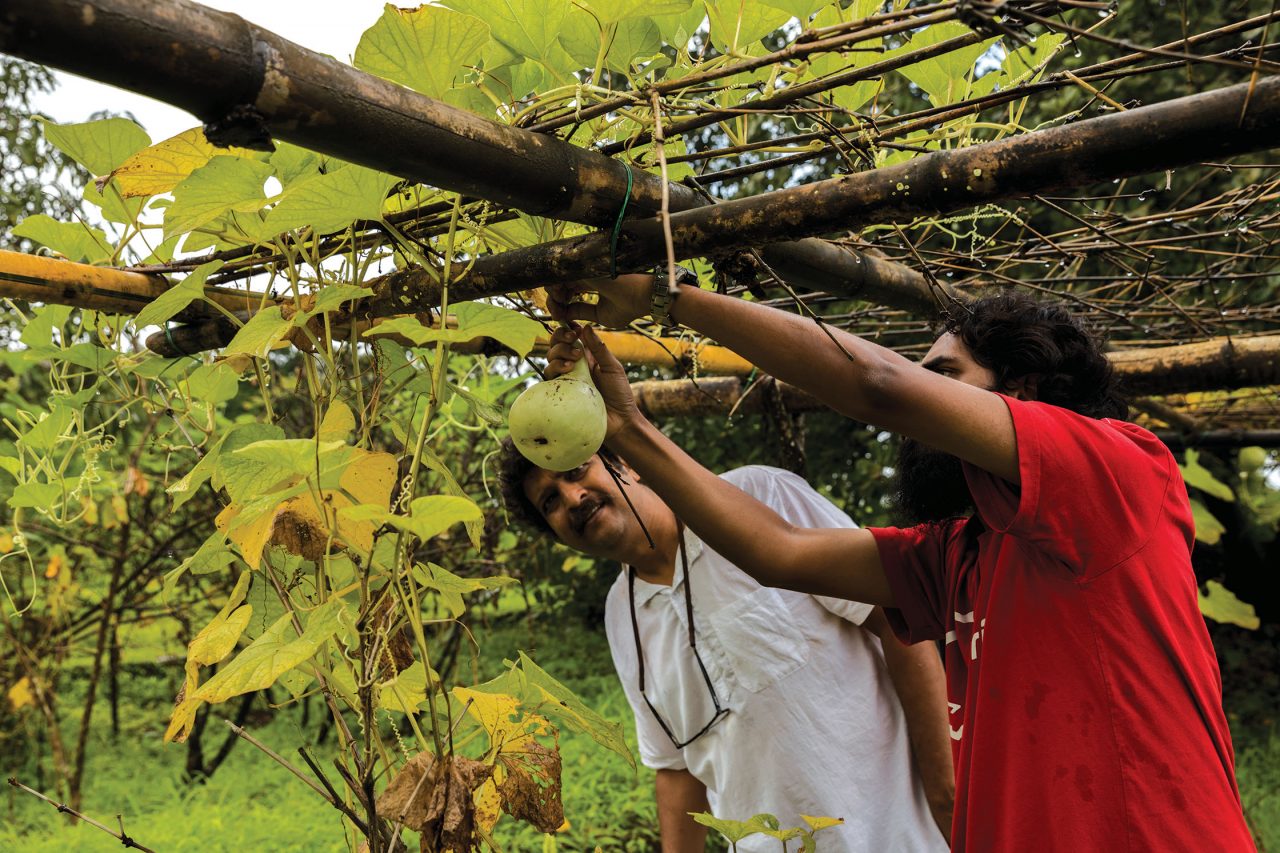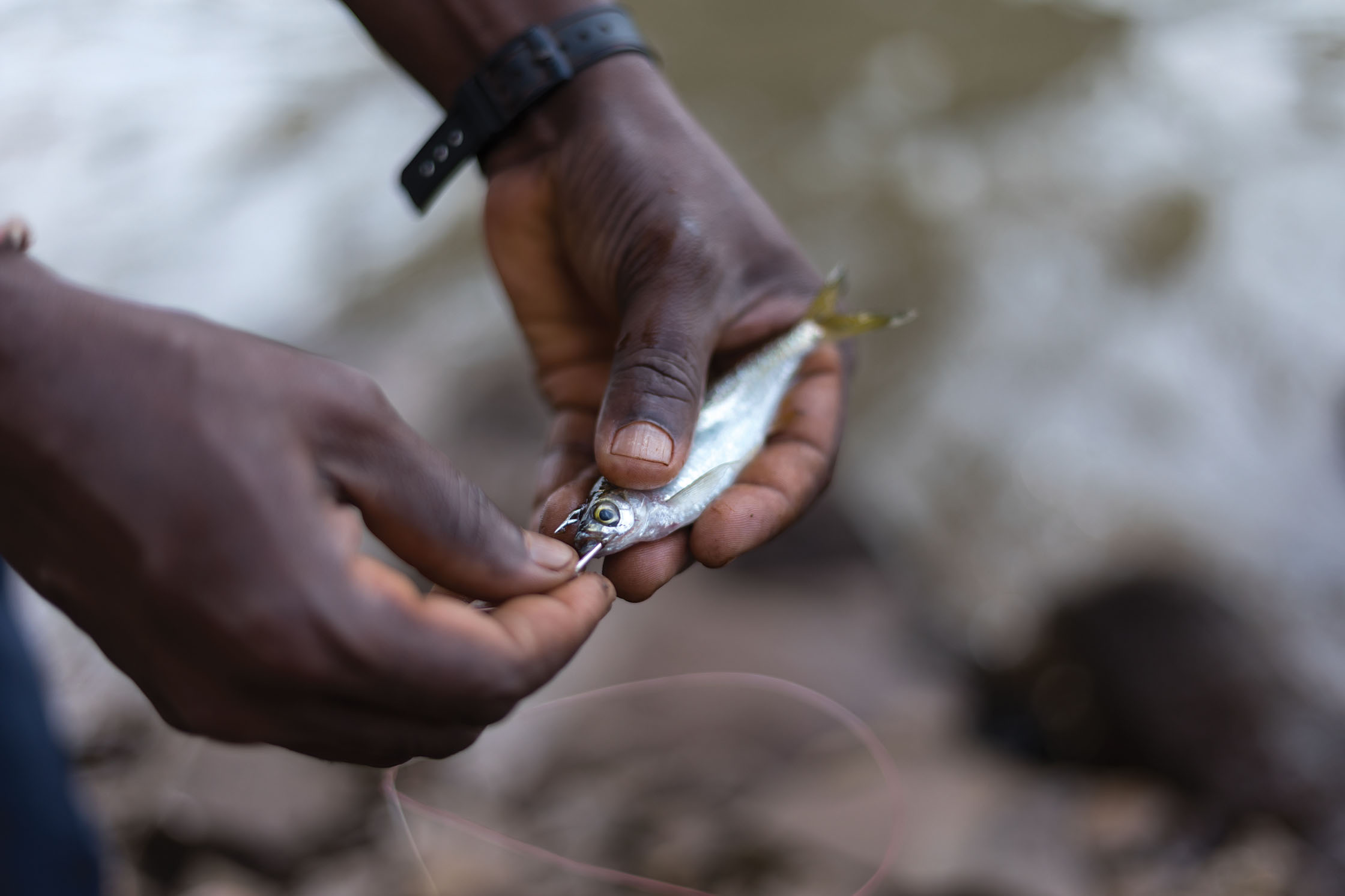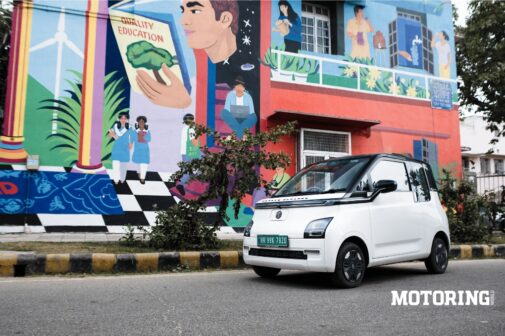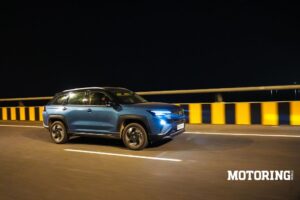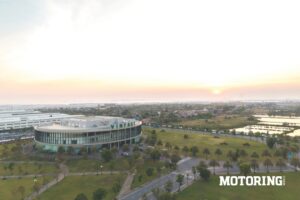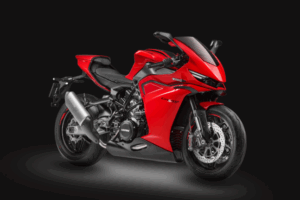The rate of man’s progress over the last 100 years has been exponential. This has gone hand in hand with rapid urbanisation, and the desire for most people to move toward cities, where all the opportunities lie. But India, at the heart of it is geographically a dominantly agricultural land. All of our food comes from these lands, which cover a majority of the country. Lands that we as city dwellers rarely get to experience, and plays host to a lifestyle very different to ours.
Thankfully though, there now exist places like Farm of Happiness, which can provide a little peak into this beautiful world, and we headed over to find out for ourselves. Located in Sangameshwar, about 30km from Ratnagiri in the Western Ghats, is a 30 acre farm run by Rahul Kulkarni. He used to be a marketing honcho in Mumbai, but eventually got tired of the life and came here. He liked it so much, he felt everyone should experience it, and thus Farm of Happiness of born, where he promises an Agro-tourism farmstay unlike others. How? Well, if two words could describe it, they would be ‘Live Local’. Absolutely everything here has local origins. The house is built by locals, with mostly local resources. The staff consists of only local villagers, food served is traditional delicacies, and farming practices are purely organic. All this results in an immersive experience, that is truly transformational.
Getting here might be a bit tricky, with the roads leading up to it being pretty non-existent. Taking the Hyundai Verna then turned out to be a wise decision. It handled the broken highways leading up to this place spectacularly well, with its torque wave and plush suspension, and when we finally left the road to get to the farm, the ground clearance and light steering was super useful. Add to that the plethora of creature comforts inside, from the sunroof and ventilated seats, to Apple CarPlay, and it makes for a very relaxed driving experience which was perfectly in sync with the location.
Once you get to the farm, you are greeted by an open patio, with hammocks and lounge chairs, where we spent a lot of time relaxing and sipping on herbal teas. The rooms themselves have a beautifully rustic charm to them, with all the furniture being hand built on site, and a friendly bunch of dogs are more than happy to entertain you all the time. A sunbird was nesting by the entrance, and nature encompasses it all. Step outside though, and you can experience an agricultural life more intimately. Rahul stresses heavily on following organic practices, and refuses to use modern pesticides and fertilizers, as it eventually does us humans more harm than good, and he wants you to see this is effect for yourself. You can walk along the crops, and try your hand at whatever you want, be it planting, threshing or merely plucking fresh produce straight off the vine as we did.
A farm tour will then show you different aspects of farm life, and our enthusiastic host was delighted to go into as much detail as possible. He taught us about the life of cattle, and their grazing patterns. We went to the chicken coop, to have a look at what these non-broiler raised creatures’ daily lives are like. And we saw the interdependence of various species, from termites and fire ants, to bees and birds, all of them sharing a symbiotic relationship allowing nature to flourish with minimal human interference. And that is the underlying point that Rahul is trying to drive home; that nature understands itself better than we do, and doesn’t need us to try to better it. It was here long before us, and will be here long after us. Humans need to just go with the flow, rather than try to direct it.
The surrounding area is blissfully serene, and always filled with the sounds of birds. You will occasionally see a few peacocks, colourful winged beauties are common and we even came across a fox on one of our evening walks through fields of flowers. If you so choose, you can join some locals in the evening for a spot of fishing, but the truly unique experience was wading into waist deep water to catch shrimp with your bare hands. And yes, they will gladly cook your catch for you with local spices that are, quite frankly, heavenly.
Another important aspect of life here is self-sustenance, and recycling. Almost everything comes from the farm itself, and nothing is wasted. The leftover food is consumed by the dogs and chicken. The cow dung is collected and used to layer the floor and to produce bio-gas, which is in turn used for cooking and heating water. Dead leaves are collected and used as fertiliser. And waste water is allowed to flow into the ground. The circle of nature comes all the way. Always.
Sitting there then every evening, hearing the pitter-patter of rain on the thatched roof as you sip tea and watch fire-flies, deep in conversation with Rahul over the benefits of organic food and farming, it is easy to forget that once you return to the city, all these experiences will once again be alien. And yet, at this moment, they feel so intrinsically natural. As if it has been coded into our genes, and we urbanised it out of us. It is a feeling you get in some cars, like the Hyundai Verna, that feel like a part of you from the first moment you stepped into them. It leaves you very satisfied with life, and makes you forget your troubles, if only briefly.
And if you speak your thoughts out loud, Rahul will just look at you and smile knowingly, for this is precisely why Farm of Happiness exists. And this is why a place like this should be at the top of your bucket list now. So the next time you plan a weekend getaway, ditch the bigger metros, and head back to where we always belonged. Head home.










